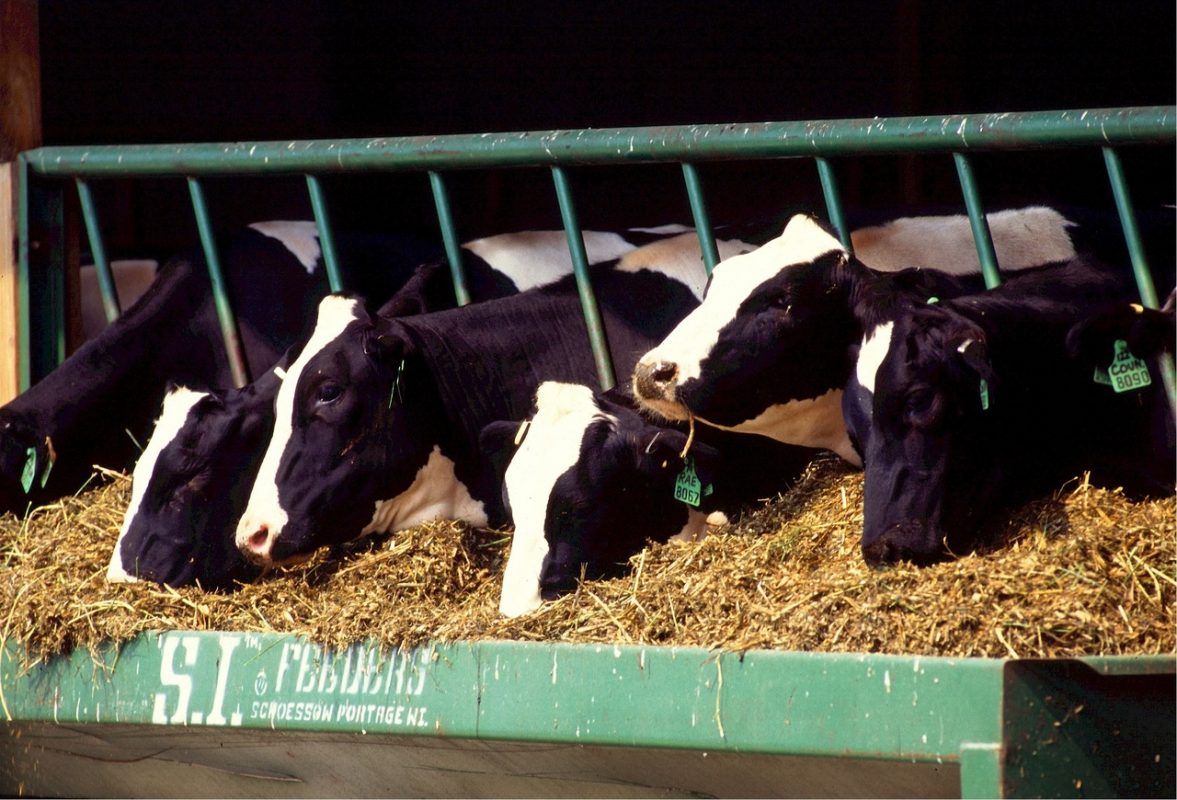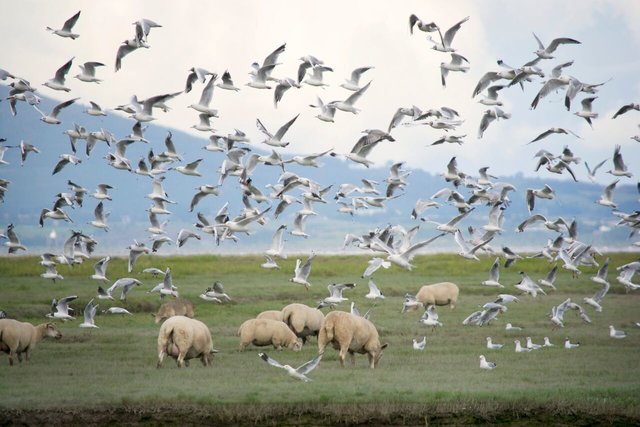Irish scientists criticise restriction of new generation of gene-edited crops

August 24th, 2018
Irish scientists have criticized the decision of the highest court of Europe and the Irish government to restrict genetically modified organisms.
The European Court of Justice (ECJ) ruled last month that a new generation of genetically modified organisms (GMOs) must undergo the same safety checks and labels as existing GMO foods.
Any organisms, the court found, that are obtained by certain mutagenesis techniques – the changing of the genetic information of an organism – are GMOs and will be subject to the obligations laid down by the GMO Directive.
The President of the International Association for Plant Biotechnology (IAPB), Dr Barbara Doyle Prestwich, however, condemned the court’s decision this week in a briefing at a conference in Dublin.
“This is nonsense. Mutagenesis for crop breeding is not new and has a proven safety record… With its ruling, the ECJ has effectively stymied research in this area, hampered the development of Europe’s bioeconomy and jeopardised food security,” she said.
According to Dr Eoin Lettice, also a member of the IAPB: “The next generation of gene-edited crops has the potential to cut climate emissions in agriculture and boost global food security.
“Such crops are far more green and sustainable than they are given credit for and should be utilized as part of any sustainable food production system including organic agriculture,” he added.
In 2016, fewer insecticide sprays were used due to the adoption of GM crops, reducing carbon dioxide emissions by 27 billion kilograms, they said.
EU and Irish government decisions on novel plant breeding techniques could consign Irish agriculture to the scrapheap of history according to UCC scientists, Drs Barbara Prestwich Doyle and Eoin Lettice. More via @KOSullivanIT @IrishTimes https://t.co/CgssEBObgu #IAPB2018 pic.twitter.com/siglKPUtYL
— UCC Ireland (@UCC) August 20, 2018
‘A grave mistake’
Last Month, the Government gave approval for the prohibition or restriction of the cultivation of GMOs in Irish crops.
“It is critically important that Ireland takes whatever steps are necessary to maintain our GMO cultivation-free status which is a key element of our international reputation as a green, sustainable food producer,” the Minister for the Environment, Denis Naughten TD said.
The UCC’s scientists claim, however, that the Irish Government has made “a grave mistake”. The proposal is at “odds” with Ireland’s ambitions for climate action, they said.
It is “grossly misleading” to equate ‘GMO cultivation-free status’ with ‘green production’, they added. “This hijacking of the terms ‘green’ and ‘sustainable’ by anti-GMO groupings is not new but is disingenuous, to say the least.”

The typical public conception of GMOs Photo: Pixabay
GMO 2.0
The new methods of genetic engineering change the genetic material in cells in a way that couldn’t be possible with conventional plant breeding.
This could alternate the cells unintentionally and raises questions for the environment and our health in the same way as GM techniques, according to Friends of the Earth Europe.
“EU and national lawmakers now need to ensure that all new genetically modified products are fully tested,” the NGO said.
Speaking to The Green News, Nina Holland, agribusiness campaigner at the Corporate Europe Observatory (CEO) said that she was relieved by the ECJ’s decision.
“The ECJ has really confirmed everything that we have been saying. This is a big victory for the environment, farmers and consumers,” she added.
The next step is for the European Commission and Member States to discuss the ruling and put regulation of new genetically modified products in place, Ms Holland said.
[x_author title=”About the Author”]







